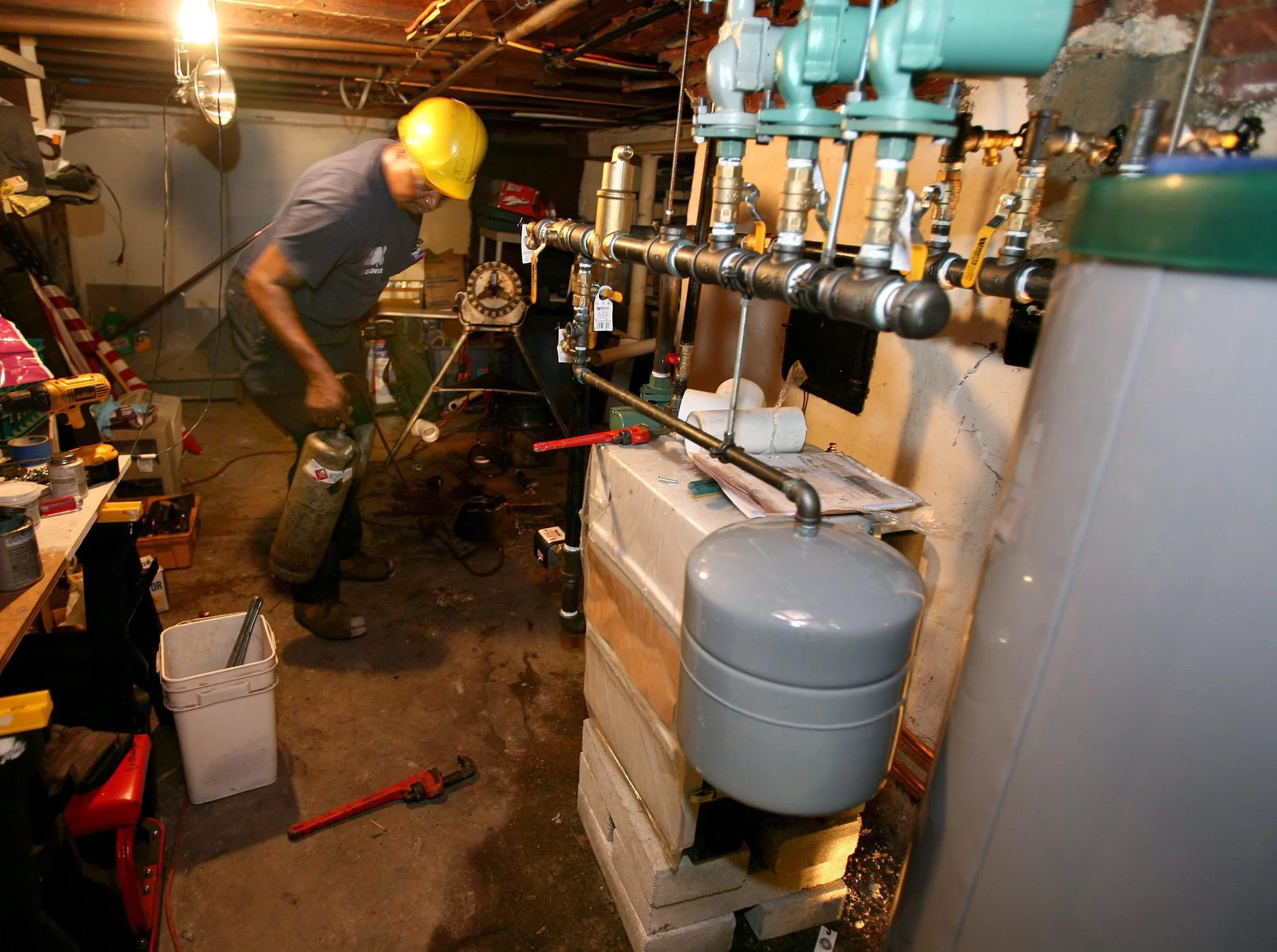However, according to FortisBC’s own projections, RNG will only ever meet a fraction of B.C.'s demand. The remainder of its supply will come from so-called “blue” and “turquoise” hydrogen, which are made from fossil fuels and can be blended with natural gas. Experts agree that we must stop extracting fossil fuels to prevent even more dangerous planetary heating.
Anyone who makes edibles with THC already uses the term “decarb-ing”
Would anyone be kind and patient enough to help educate me a bit on this topic?
I understand that “renewable” natural gas (RNG) is sourced from landfills, sewage, food waste, agricultural or forestry residues, and so on. These sources are already emitting methane, which I suppose will eventually find its way into the atmosphere. In the atmosphere methane has an intense greenhouse effect, stronger than carbon dioxide, but it quickly breaks down, unlike CO2. However, when methane breaks down in the atmosphere the reaction leaves CO2 behind, so we get to enjoy the long-term warming effect of CO2 after the short-term warming of methane. I also understand that one of the big problems with natural gas distribution is methane leakage into the atmosphere. But even if we could avoid leakage altogether (which is probably impractical), burning methane releases CO2.
So I did a bit of reading but I couldn’t find very clear answers to these questions. I’m sorry if these are really basic, but I’d appreciate any help:
- Is the quantity of CO2 produced by burning methane the same as the quantity produced by letting it break down in the atmosphere?
- Disregarding leakage, does this mean that if we store this “renewable” methane and burn it, we avoid the intense warming effect of methane that would otherwise find its way into the atmosphere anyway, while not changing the amount of CO2 released overall, since the CO2 is produced both by burning methane and by its natural atmospheric breakdown?
- Would the methane from these sources, if we were to do nothing with it, leak out slowly enough that it’s better to leave it alone for now while we work on reducing carbon emissions by turning to cleaner energy sources, rather than burning it and adding carbon? Or is it better to burn it to prevent it ever leaking into the atmosphere and put CO2 there instead?


